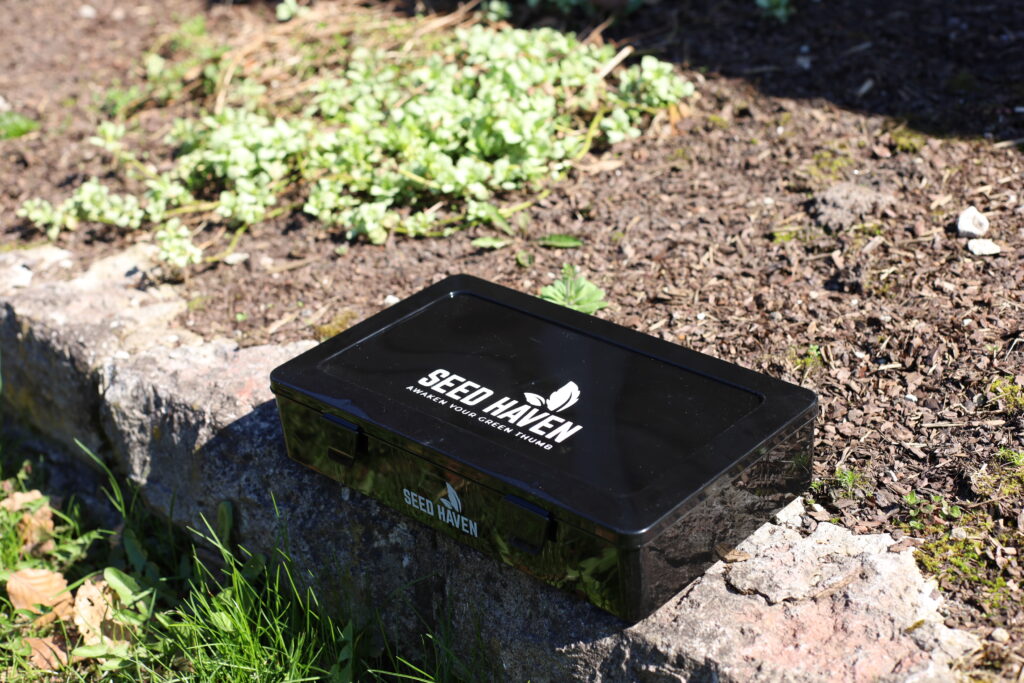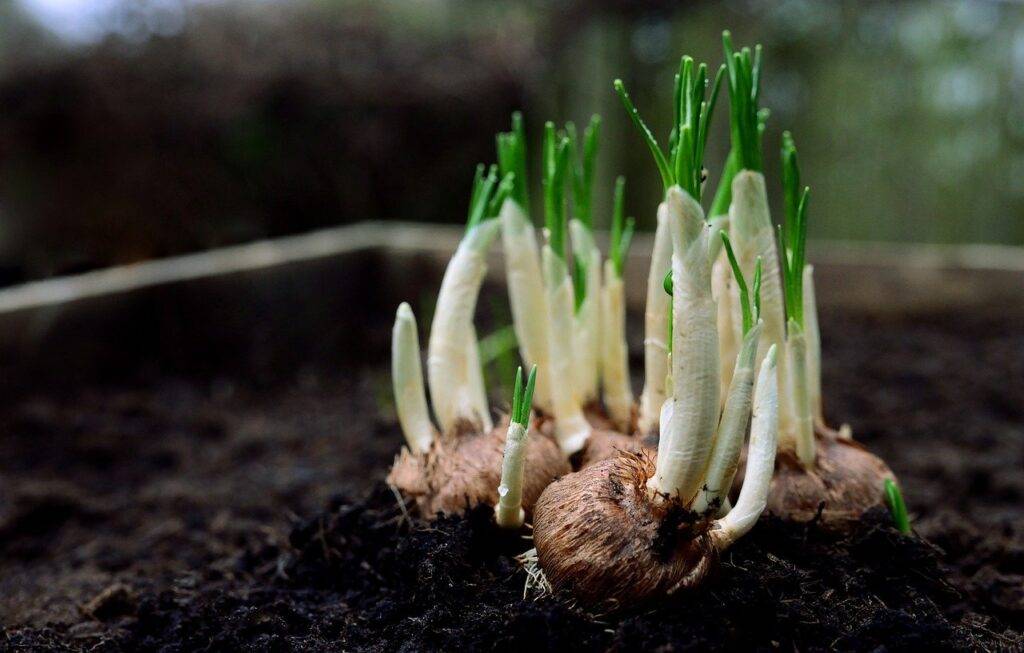Are you eager to get your hands dirty and transform your outdoor space into a lush oasis of greenery and blooms? Gardening can be a rewarding and therapeutic hobby, but it requires some know-how to get started. Whether you have a sprawling backyard or just a few pots on a balcony, here are some essential tips to help beginner gardeners cultivate thriving gardens.
1. Start small
It’s easy to get carried away with grand gardening plans, but beginners should start small to avoid feeling overwhelmed. Begin with a small plot or a few containers and gradually expand as you gain confidence and experience.
2. Know your zone
Understanding your USDA Hardiness Zone will help you choose plants that are suitable for your climate. This information guides you on the types of plants that will thrive in your area and the best times to plant them.
3. Choose the right plants
Select plants that are well-suited to your skill level, available space, and sunlight conditions. Opt for low-maintenance varieties such as herbs, succulents, and native plants, which are often more forgiving to beginner gardeners.
4. Provide adequate sunlight
Most plants require sunlight to thrive, so ensure your garden receives the appropriate amount of sunlight each day. Observe your garden throughout the day to identify areas with full sun, partial shade, or full shade, and choose plants accordingly.

5. Invest in quality soil
Good soil is the foundation of a healthy garden. Invest in high-quality potting mix or amend your garden soil with compost to improve its texture and fertility. Healthy soil provides essential nutrients and promotes robust plant growth.
6. Water wisely
Overwatering is a common mistake among beginner gardeners. Learn the watering needs of your plants and avoid soggy soil, which can lead to root rot. Use a watering can or hose with a nozzle to deliver water directly to the base of plants.
7. Mulch for moisture and weed control
Mulching helps retain soil moisture, suppresses weed growth, and moderates soil temperature. Apply a layer of organic mulch such as wood chips, straw, or shredded leaves around your plants to conserve moisture and improve soil health.
8. Practice regular maintenance
Regular maintenance is key to a thriving garden. Keep an eye out for pests, diseases, and weeds, and address them promptly to prevent damage to your plants. Deadhead spent flowers, prune overgrown foliage, and fertilize as needed to promote healthy growth.
Remember, gardening is as much about the journey as it is about the destination. Enjoy the process of nurturing and cultivating your green space, and you’ll soon reap the rewards of a bountiful and beautiful garden.

